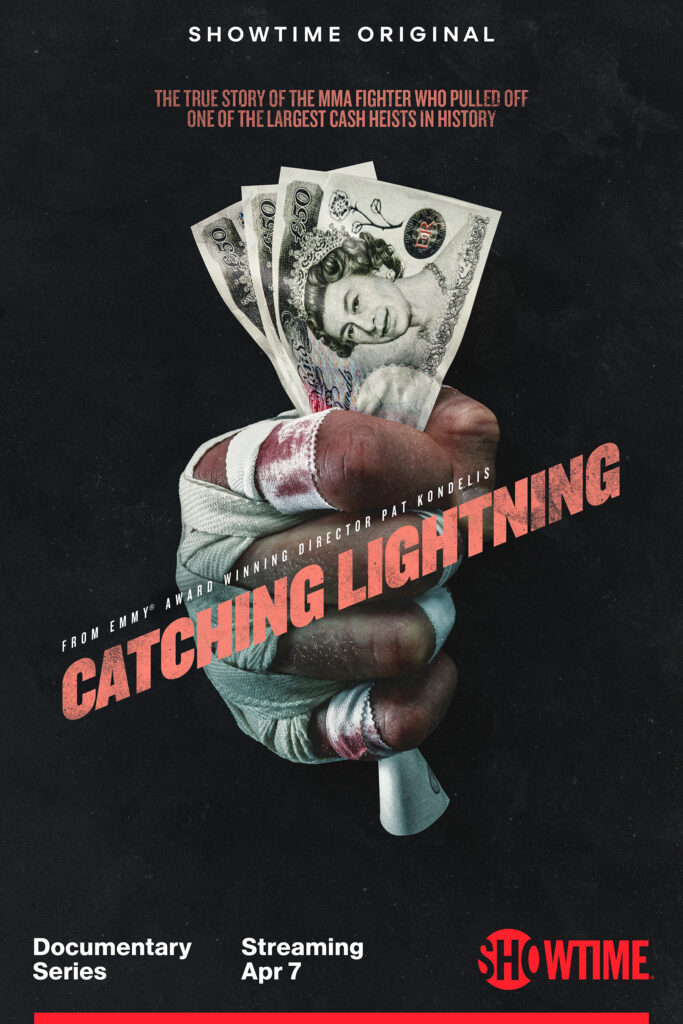nyc
The former TWA Terminal at John F. Kennedy Airport...
Observe the brave sons of Minnesota, marching off to...
A rose is a rose is a rose, but...
It’s hard to imagine that we owe our fair...
Remember when The Paramount was the slickest, chicest hotel...
Because life is short and summer tests my patience, and...
Do you ever feel like you’re floating somewhere in...
Lyle Kessler’s Orphans is a curious little play. The story of two brothers –...
Despite its roots in restauranteur Danny Meyer’s nostalgia for St. Louis,...


















